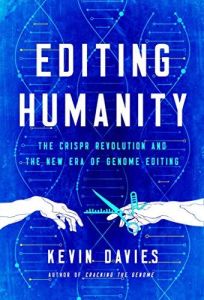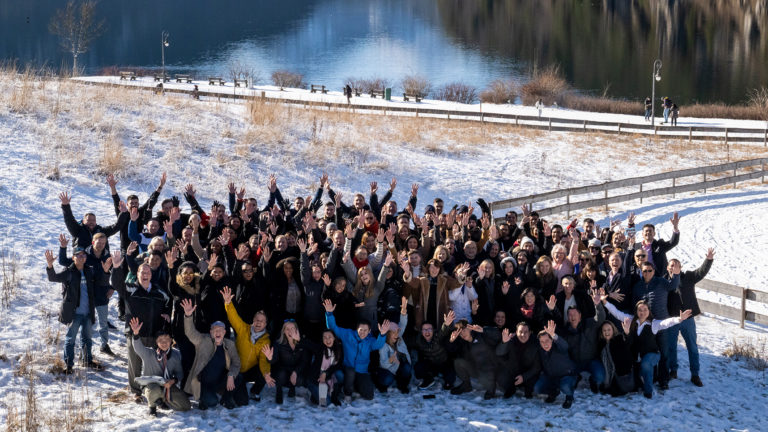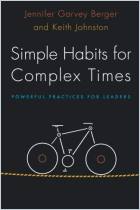
Book
Editing Humanity
The CRISPR Revolution and the New Era of Genome Editing
Recommendation
CRISPR technology has the potential to transform medicine, science and beyond. Yet genome editing also faces myriad challenges: scientific, political and ethical. It may still be decades before genome editing is reliable, affordable and morally defensible – and accepted by the public. Kevin Davies’ book elegantly weaves in the competition and conflict surrounding the discovery, development and explosion in CRISPR applications with the very serious moral and societal questions inevitably raised.
Summary
About the Author
Kevin Davies is the executive editor of The CRISPR Journal and the founding editor of Nature Genetics. He is the author of Cracking the Genome and The $1,000 Genome.
By the same author
Book
In our Journal
Learners who read this summary also read
Book
Book
Book
Book



















Comment on this summary